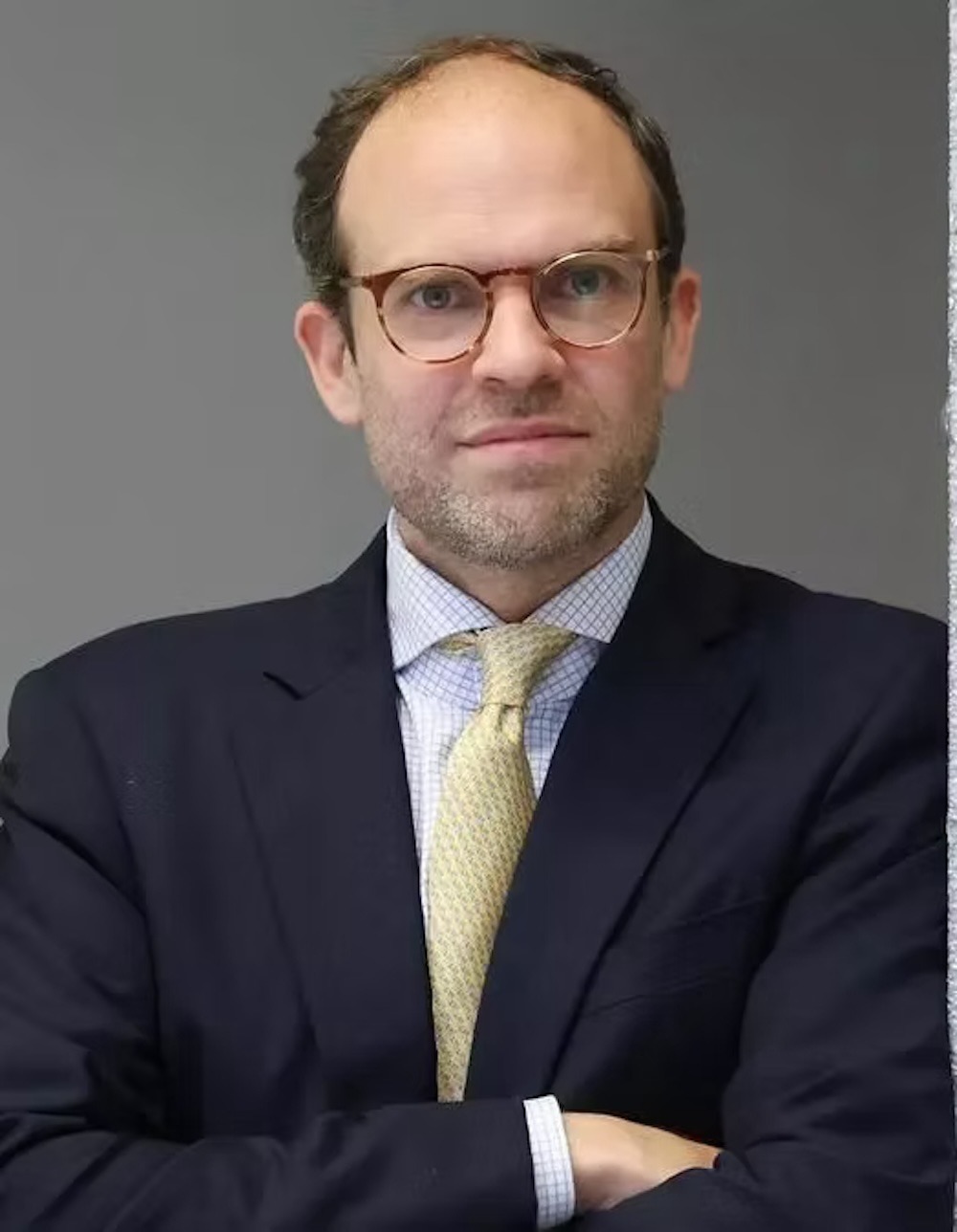Tuesday 16 September 2025
07:45
Professor Carl Benedikt Frey
How Progress Ends: Technology, Innovation, and the Fate of Nations
Frey argues that every leap in innovation – whether the internet, mRNA vaccines, or AI – requires a fragile balance: decentralised exploration to make discoveries, and centralised institutions to scale them. Get that balance wrong and progress stalls.

Frey is the Dieter Schwarz Associate Professor of AI & Work at the Oxford Internet Institute and a Fellow of Mansfield College, University of Oxford. He is also Director of the Future of Work Programme and Oxford Martin Citi Fellow at the Oxford Martin School. Frey has served as an advisor and consultant to international organisations, think tanks, government, and business, including the G20, the OECD, the European Commission, the United Nations, and several Fortune 500 companies. He is also an op-ed contributor to the Financial Times, Foreign Affairs, Scientific American, and the Wall Street Journal, where he has written on the economics of artificial intelligence, the history of technology, the future of cities, and remote work.
“Frey masterfully reveals why some nations thrive while others stumble in periods of technological upheaval. At a time when AI reshapes our world, this book offers vital lessons for political leaders seeking to harness innovation while avoiding the institutional traps that have derailed progress throughout history.”
Associate Professor of AI & Work at the Oxford Internet Institute, University of Oxford
Frey is the Dieter Schwarz Associate Professor of AI & Work at the Oxford Internet Institute and a Fellow of Mansfield College, University of Oxford. He is also Director of the Future of Work Programme and Oxford Martin Citi Fellow at the Oxford Martin School. Frey has served as an advisor and consultant to international organisations, think tanks, government, and business, including the G20, the OECD, the European Commission, the United Nations, and several Fortune 500 companies. He is also an op-ed contributor to the Financial Times, Foreign Affairs, Scientific American, and the Wall Street Journal, where he has written on the economics of artificial intelligence, the history of technology, the future of cities, and remote work.